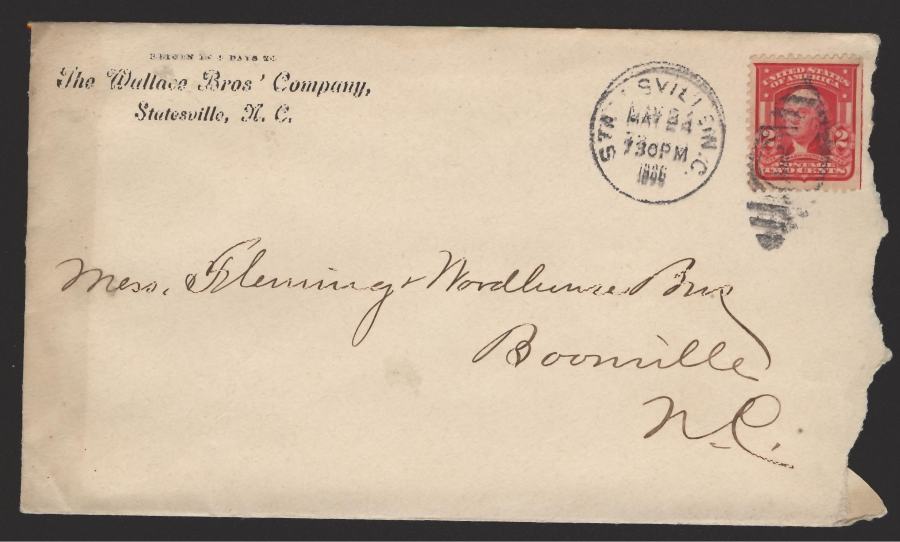Another look at ‘The Maze Runner’
Recently, I read the article in the Spectrum, “The Maze Runner: Another Dystopian Film Adventure.” I wholeheartedly agree with some of the points made such as the lack of romance and that it gets only one gold star for not having a love triangle, and that major events were changed in the film.
Although, yes, major things were changed in the film, it didn’t “ruin the reading experience” in any way at all. Sure, some things could have certainly been improved upon, but what was changed wasn’t anything major.
“Nothing happens until the last quarter”?
No, not exactly. Just because the beginning of the movie isn’t as action-packed as the very end doesn’t mean that nothing happened. What did happen in the beginning and the middle is the discovery of highly essential information that is key to figuring out why they’re all trapped in the maze in the first place. If that information isn’t provided in the beginning, then the movie makes no sense whatsoever. And anyway, isn’t the whole point of any movie to build up to the climax and the ending? And they did just that.
It seems that the parts that were closely related to the book are criticized, whereas the parts that were largely different are praised. My main example is Theresa. She most certainly is not “the only character who seems somewhat in charge of [her] own future,” she is just as confused, curious, and angry as Thomas, Newt, and Minho. She did, in no way, give an “impressive performance.” In the books, Theresa is a major character, and she and Thomas are always talking to figure this whole thing out, whereas in the movie, she has approximately a mere seven lines. Not impressive. She didn’t even show up at the Glade at the right time in the movie, which is actually a pretty big deal. To anyone who read and enjoyed the books, Theresa is a bit of a disappointment in the movie, but for some unknown reason, she is one of the only things that is actually praised in the article.
This is also true of Chuck. In the books, he is Thomas’ best friend at the Glade. He is the one person who didn’t judge him, go against him, or think he was responsible for what was happening to them. It is quite a shame, because in the movie, he has one short conversation with Thomas, and other than that, utters about three words. This scene was actually a sentimental part of the book, while someone who didn’t read them wouldn’t be able to pick up on this in the movie.
Perhaps this is why it never came up. It makes us all wonder if the writer of this article actually read the book, or just chose to completely neglect the lack of importance in the character of Chuck.
I am in not saying this was a bad review. It is a review, after all, and we are all entitled to our own opinions. I do, however, think that “flat-out disappointment” is an overstatement. Of course, it could have been better – there’s always room for improvement – but again, it could have also been far worse.
Overall, I feel that the review that was published was unfairly negative in areas where it was entirely unnecessary, and praised parts that were rather slipshod and inaccurate.
Clearly, this movie deserves more than a 4/10 rating, and this is coming from someone who loved the books and always, and I mean ALWAYS, takes the book over the movie.


